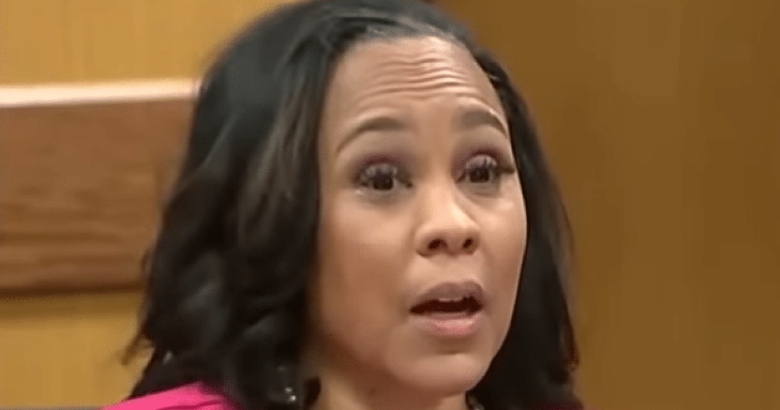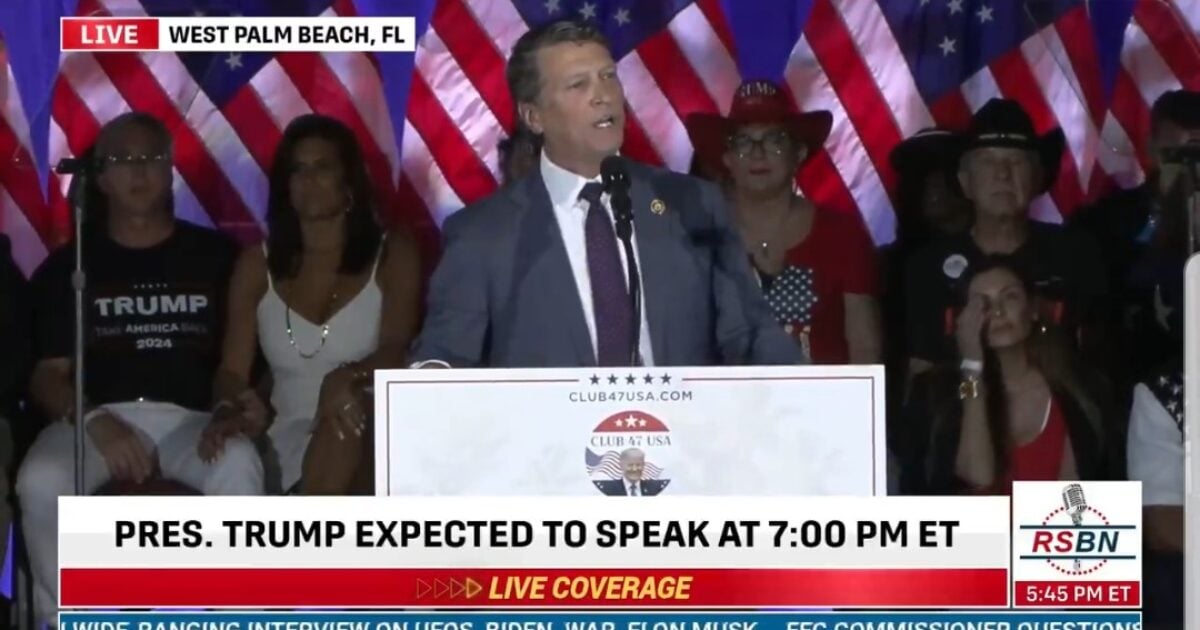Fulton County District Attorney Fani Willis is under fire after a court found her in default for refusing to release records of her communications with the January 6 Committee. This revelation comes amidst growing accusations of a lack of transparency and potential coordination with federal officials in her investigations of former President Donald Trump and his associates.
On Tuesday, the Fulton County Superior Court ruled against Willis, citing her failure to comply with an open records lawsuit brought by conservative watchdog group Judicial Watch. The lawsuit sought documentation of Willis’ communications with Special Counsel Jack Smith and the January 6 Committee, amid allegations of partisan collaboration.
Earlier this year, Judicial Watch requested the Superior Court of Fulton County, Georgia, to declare a default judgment against Willis after she failed to respond to their open records lawsuit. This lawsuit followed House Judiciary Chairman Jim Jordan’s 2023 investigation into whether Willis coordinated with federal officials during her years-long probe into Trump.
Chairman Jordan had requested Willis to provide all documents and communications involving her office, the Department of Justice, and specifically Special Counsel Jack Smith. In response, Judicial Watch filed a Georgia Open Records Act request to obtain the records, only to face repeated denials from Willis’ office.
In its recent ruling, the court ordered Willis to “conduct a diligent search” of her records and provide any responsive materials to Judicial Watch within five business days. This directive also mandated Willis to disclose all non-exempt documents. However, her office responded with a striking claim—asserting that no communications with Jack Smith existed while withholding other documents under legal exemptions.
- Regarding communications with Special Counsel Jack Smith, Willis’ office declared that “no such documents or communications exist.”
- Concerning interactions with the January 6 Committee, Willis invoked Georgia statutes to classify the records as “legally exempt or excepted from disclosure.” These exemptions were tied to ongoing criminal investigations and attorney-client privilege.
Despite these claims, Judicial Watch President Tom Fitton expressed skepticism, stating, “Judicial Watch and a state court forced Fani Willis to confirm additional documents exist about her collusion with the partisan Pelosi January 6 Committee to ‘get Trump.’”
The dispute stems from a broader investigation into Willis’ actions during her probe of Trump. In a December 2023 letter to Willis, Chairman Jim Jordan referenced a December 2021 communication between Willis and then-January 6 Committee Chairman Bennie Thompson. In this letter, Willis reportedly requested assistance from the committee and even offered to travel to Washington, D.C., raising concerns about coordination.
Judicial Watch filed its lawsuit in March 2024 after Willis’ office denied having responsive records to an August 2023 request. The watchdog group challenged these denials, citing the aforementioned 2021 letter as evidence that communications did, in fact, exist. The court’s ruling against Willis validates Judicial Watch’s assertion that her office was not forthcoming.
While Willis’ office cited exemptions under Georgia law, critics argue these claims are a convenient shield to avoid accountability. Legal exemptions included:
- Attorney-client privilege
- Confidential work product
- Ongoing criminal investigations
Judicial Watch remains adamant that the public deserves transparency, especially in cases involving high-profile figures like Trump and potential partisan motivations. Fitton emphasized that Willis’ actions are an attempt to “hide these records from the American public” and vowed to challenge her office’s secrecy in court.
In compliance with the court order, Willis’ office released one document—a public letter to January 6 Committee Chairman Bennie Thompson. This minimal disclosure further fueled skepticism about what additional communications might be concealed under the claimed exemptions.
This legal battle underscores a growing national debate over transparency and accountability in politically charged investigations. Judicial Watch plans to escalate its efforts to uncover the full extent of Willis’ interactions with federal officials and the January 6 Committee. Meanwhile, critics continue to question whether these records reveal partisan intentions in prosecuting Trump and his associates.
As the case unfolds, calls for openness resonate beyond Fulton County, with implications for how government officials handle high-stakes investigations. The outcome could set a precedent for transparency in politically sensitive cases and redefine the public’s right to access government records.

